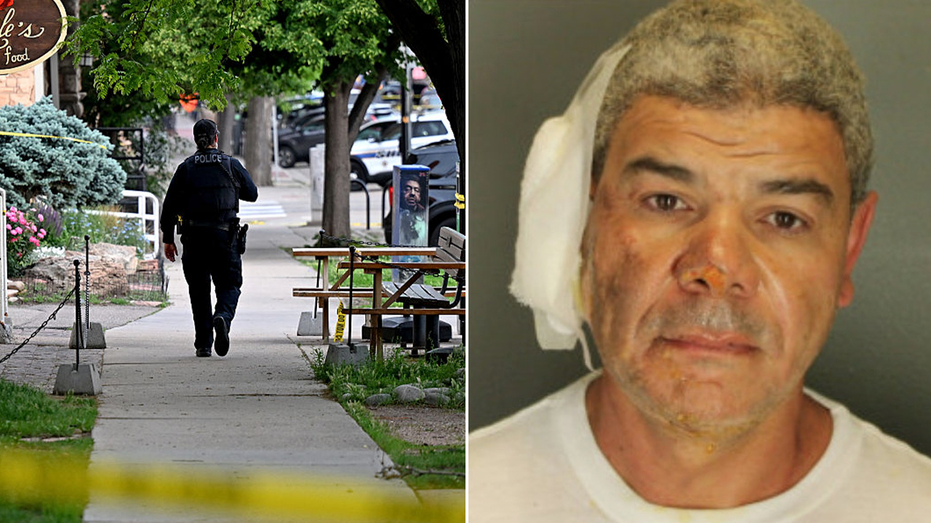Boulder Suspect's Movements Revealed in Timeline Ahead of Firebomb Attack on Pro-Israel Group
Mohamed Sabry Soliman reportedly injured 12 people in Boulder, Colorado, after allegedly targeting a pro-Israel group on Sunday.

Officials have identified Mohamed Sabry Soliman as the suspect in an alleged terror attack that targeted a peaceful pro-Israel protest in Boulder, Colorado, on Sunday, leaving 12 people injured. The incident has reignited debates about immigration procedures and national security protocols after it emerged that Soliman's legal status in the United States was extended just months before the attack took place.
Soliman's entry into the U.S. dates back to August 2022, when he arrived via Los Angeles International Airport on a B1/B2 non-immigrant visa, typically reserved for business or tourism purposes. Initially slated to leave by February 2023, Soliman remained in the country beyond his visa’s expiration. According to officials, he received work authorization in March 2023—valid until March 2025—under the current administration’s policies. This extension came approximately two months before he allegedly launched his attack on the pro-Israel demonstration.
Law enforcement reports indicate that Soliman admitted to targeting a "Zionist group" at the Boulder protest, stating his intent was to prevent them from "taking over our land," which he referred to as "Palestine." Authorities say Soliman confessed to planning the attack for over a year and purposely waited until after his daughter’s graduation before acting on his intentions.
During his time in the U.S., Soliman reportedly sought asylum or made another claim with the United States Citizenship and Immigration Services, leading to his prolonged stay. After securing work authorization, he secured employment as both an Uber driver and an accountant at Veros Health, each position requiring him to undergo background checks and provide proper identification. Veros Health confirmed that he was employed in its accounting department between May and August 2023, during which he possessed a valid work visa. Neighbors indicated that Soliman was frequently away working long hours, demonstrating no outward signs of his alleged plans.
The attack itself unfolded as members of the "Run for Their Lives" group staged a peaceful protest calling for the release of hostages held by Hamas. Soliman is accused of hurling Molotov cocktails at the gathering, resulting in a dozen injuries. Charges filed against him include first-degree murder, assault, attempted felony offenses, and use of explosives during a felony act.
The case has sparked criticism of current immigration vetting procedures, with some former federal officials expressing concern that Soliman was able to secure work authorization despite overstaying his visa. Critics argue that individuals with radical ideologies may be exploiting the system, posing risks under the guise of activism. "They're presenting themselves as altruistic, acting out for a cause," noted one former FBI agent. He further suggested that while the attack itself was a recent development, underlying hatred had been instilled long before action was taken.
As the investigation continues, community members in Boulder are left grappling with questions surrounding both security and the processes that allowed Soliman to remain in the country. Authorities are expected to examine not only Soliman’s activities but also broader systemic issues raised by this case in hopes of preventing future attacks of a similar nature.




